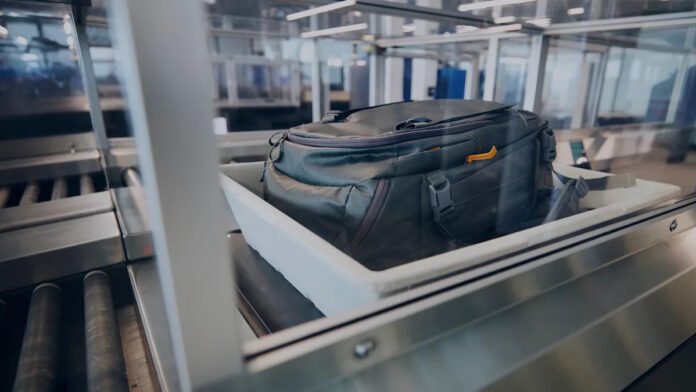A man was caught trying to smuggle endangered primates hidden in his suitcase through airport security. The arrest highlights a growing global crisis: wildlife trafficking through major travel hubs.
What happened?
According to the New Straits Times, a man attempting to board a flight from Kuala Lumpur in Malaysia to Mumbai, India, was detained after it was discovered he was trying to smuggle four endangered black-handed gibbons inside his luggage.
The animals, valued at around RM30,000 (roughly $6,400 USD), were discovered during a routine inspection at Kuala Lumpur International Airport (KLIA).
“The suspect was detained on the spot and taken to the Aeropolis police headquarters for further action,” officials from Malaysia’s Border Control and Protection Agency confirmed in a statement.
The gibbons have since been handed over to the Department of Wildlife and National Parks Peninsular Malaysia (Perhilitan). Authorities are pursuing charges under the Wildlife Conservation Act 2010 and the International Trade in Endangered Species Act 2008.
The arrest was part of a coordinated enforcement effort launched in partnership with Aviation Security (AVSEC) and Perhilitan, aimed at cracking down on trafficking activity through high-risk aviation entry points.
Watch now: Giant snails invading New York City?
“AVSEC and Perhilitan will continue to tighten security controls at KLIA and will not compromise with any party involved in wildlife trafficking via air routes,” the statement added.
Why is wildlife trafficking concerning?
Trafficking endangered species isn’t just a crime; it is also a direct threat to global biodiversity and the stability of ecosystems that humans rely on.
When animals are taken from their habitats and moved across borders, they can introduce disease, destabilize local ecosystems, and fuel illegal trade networks that undermine years of conservation progress.
Many species are on the brink of extinction due to deforestation and poaching. When they are pulled from the wild, they leave gaps that forests can’t easily fill.
Gibbons play essential roles in seed dispersal and forest regeneration. Without them, ecosystems grow weaker and become less resilient.
What’s being done about wildlife trafficking?
In Malaysia and other countries across Southeast Asia, officials have stepped up efforts to intercept smugglers at key transit points like KLIA, which often serve as launch points for illegal animal exports. But long-term success depends on sustained coordination between wildlife agencies, customs, and law enforcement, as well as stronger international penalties.
There’s also a role for the public. Avoiding the purchase of exotic pets or products made from endangered species, reporting suspicious animal listings online, and supporting reputable wildlife organizations can help shrink demand and pressure traffickers’ supply chains.
Join our free newsletter for good news and useful tips, and don’t miss this cool list of easy ways to help yourself while helping the planet.
